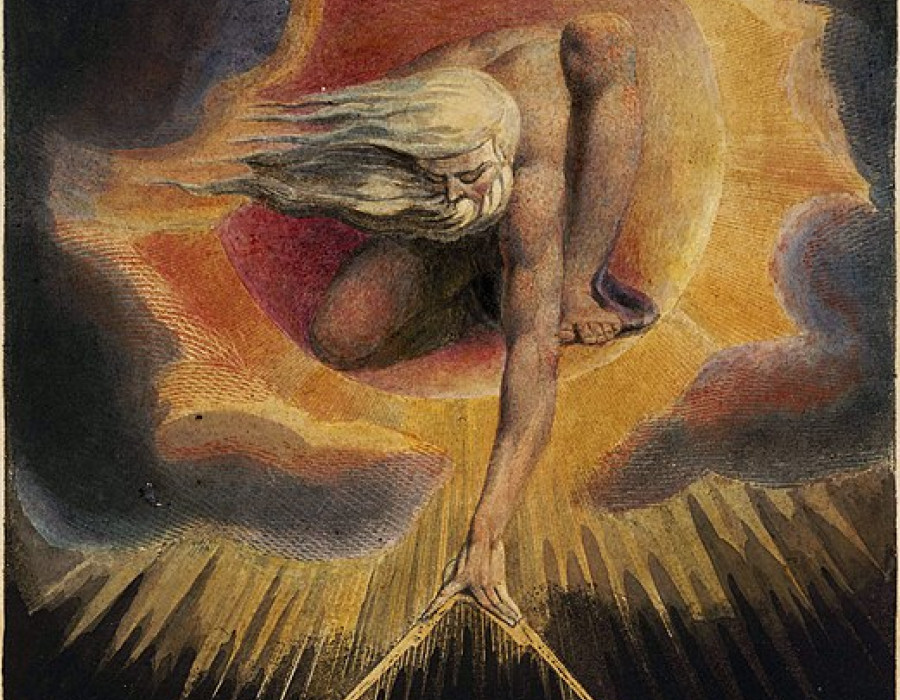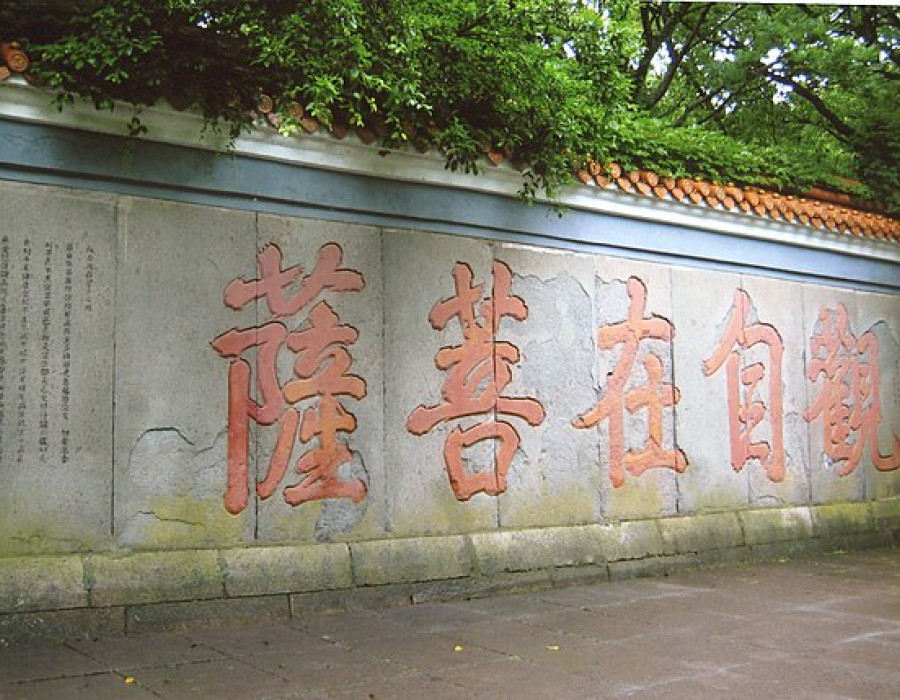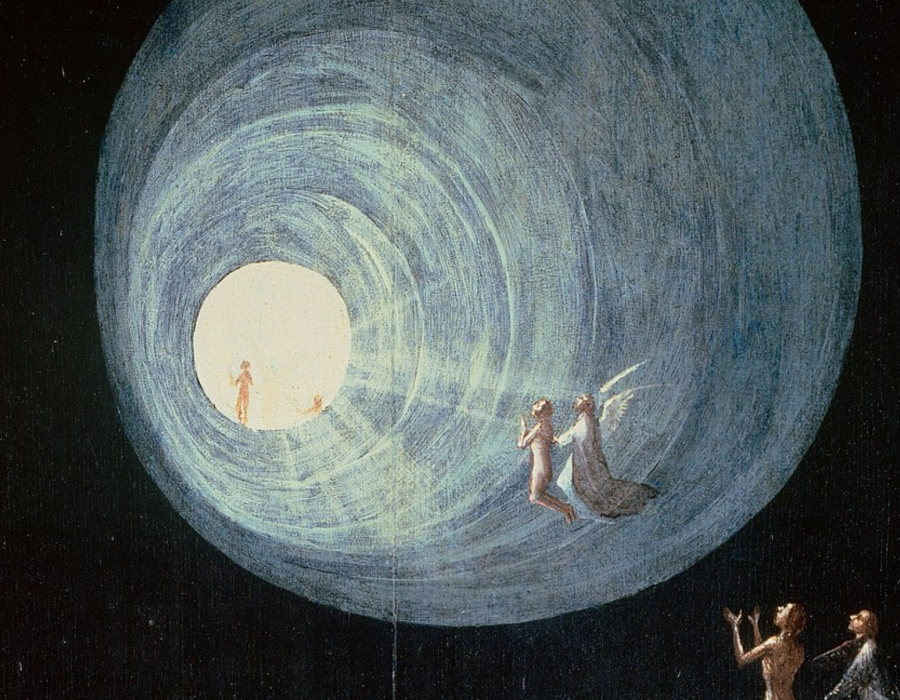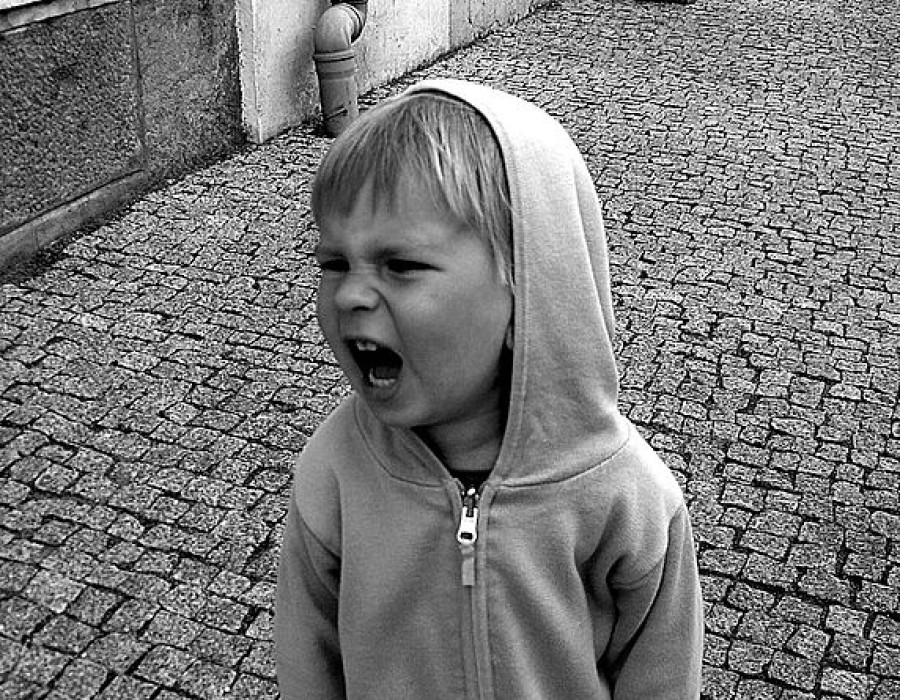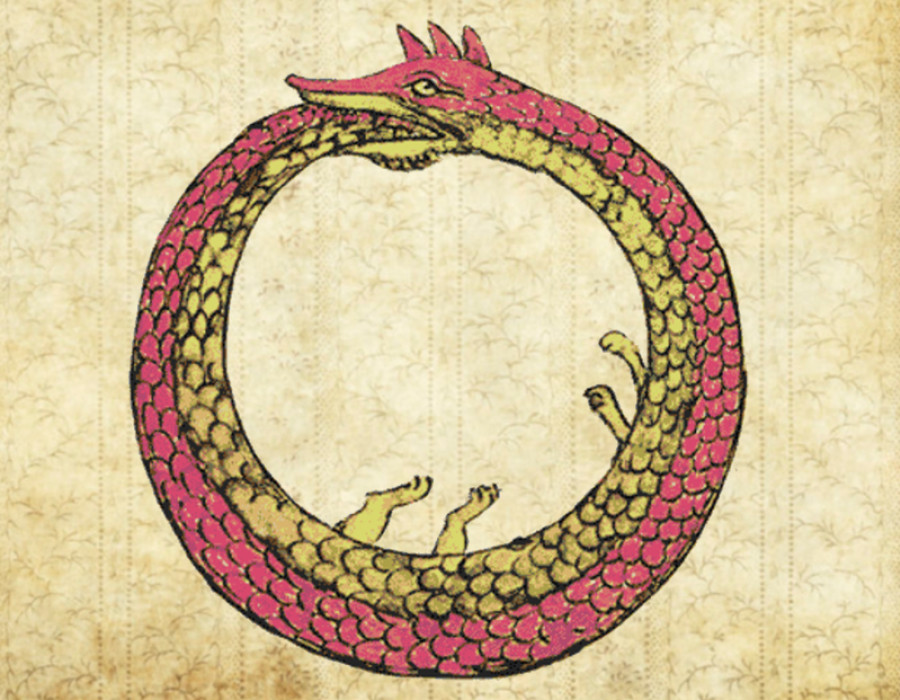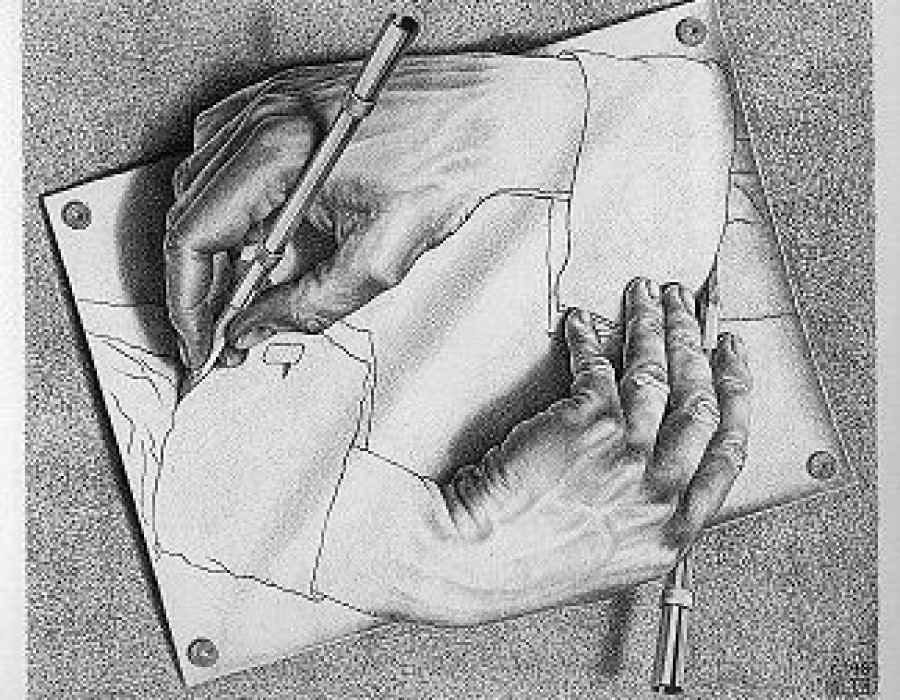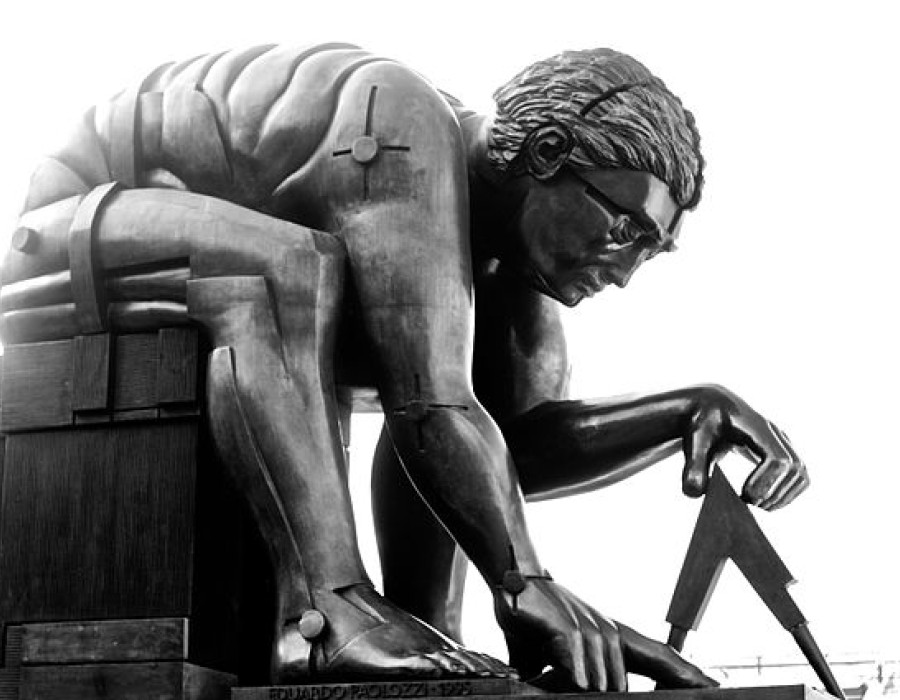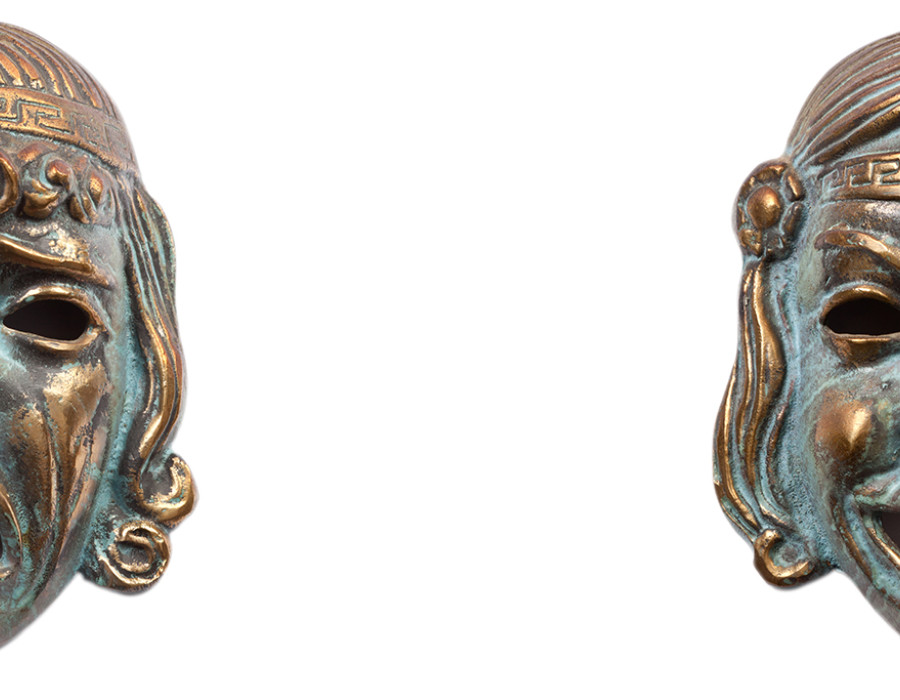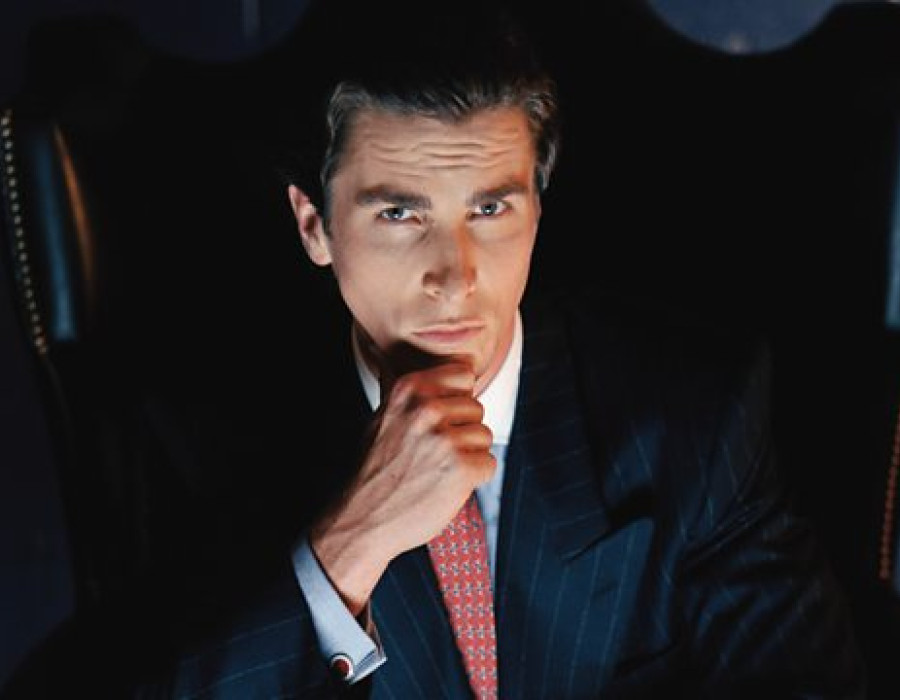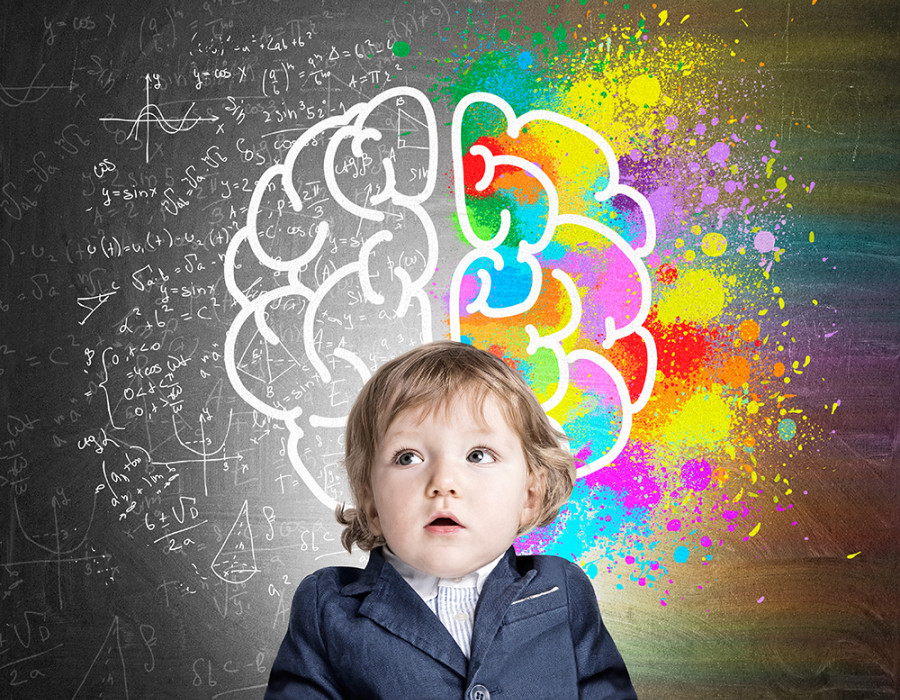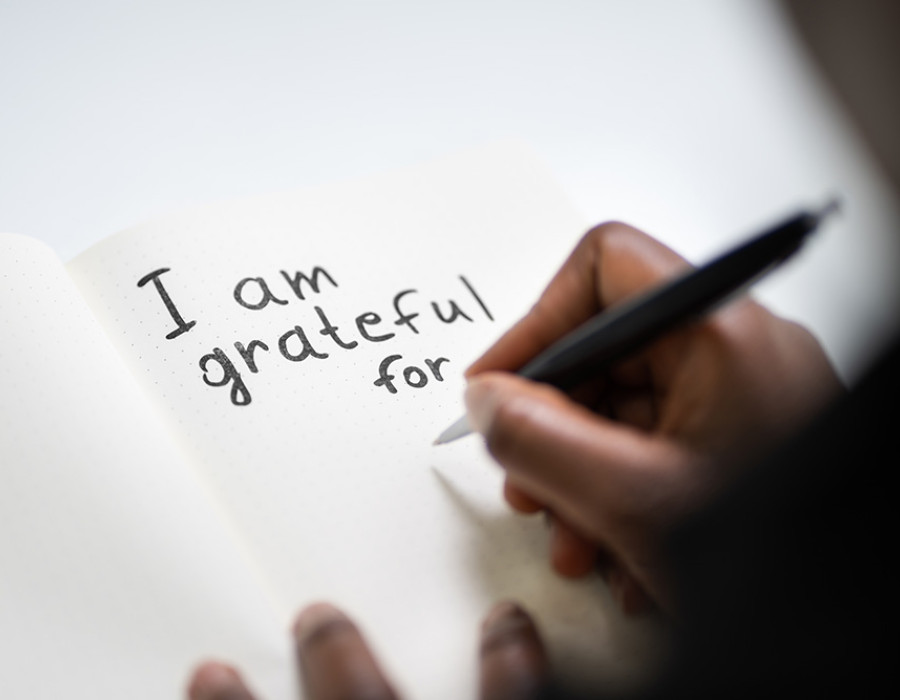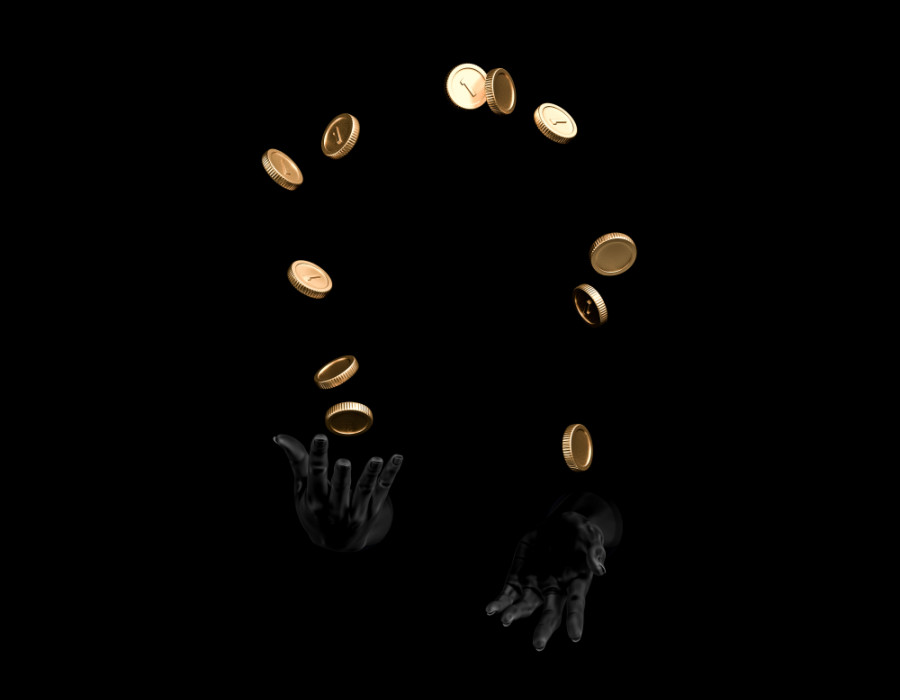Zen 'Methodists' and The Force
Blog
Nick Julius takes a look at the influence of Zen Buddhism on one of the most enduring cinematic franchises, Star Wars.
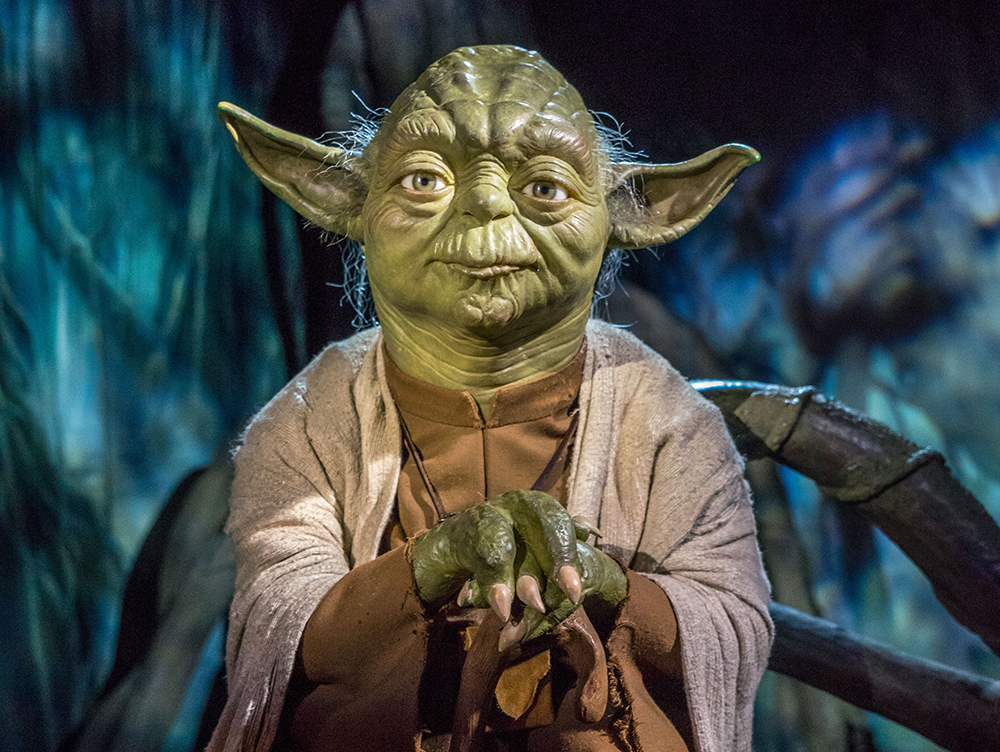 ©
© Shutterstock
A long time ago in a galaxy far, far away there was a 7- year- old boy who went to see a film. Well, the year was 1977 and the place was London. I had wanted to see Star Wars many, many, many times. To my mother it was just a lot of noise, weird puppets and flashy lights. But to my generation and to many subsequent generations it was something magical and enduring that left a deep impression.
What is it about the Star Wars mythos that had this effect? Three movies – the first made on a shoestring budget. By all rights we should have seen the franchise disappear in 1983 with the last film of the original trilogy, but sixteen years later we got a new trilogy, and then another in 2019.
Fan fiction, comic books, novels, animated series, toys, dolls, conventions, re-releases on every new format – Star Wars never went away. There are no other films I can think of which have such widespread longevity and popular appeal. It has become part of our modern dialogue and understanding of the world. In the 2011 UK census, 176,632 people identified ‘Jedi Knight’ as their religion, making it the seventh most popular religion, coming in just behind – wait for it, Buddhism!
I think the reason for this appeal, despite my Mother’s objections, is that it is a film which has some big, serious and expansive ideas which made even its youngest viewers sit up and take notice. It made us look at our world in a different way. There is a weightiness to their central core which makes them more than just another sci-fi flick filled with laser guns and bug eyed monsters.
When asked about his own beliefs, George Lucas, the film’s producer and creator, famously described himself as a Buddhist Methodist. So how deep does this connection go in the films – particularly in the original trilogy?
We can immediately see the Christian parallels - the themes of sacrifice and redemption are writ large. More obviously, ‘May the Force be with you’ strongly echoes ‘May God go with you.” As a young viewer though, it was the Eastern influences that drew me in– even if I didn’t know it at the time.
The Jedi are essentially Samurai. Men, who wear a uniform, belong to an order, meditate, follow a strict code of honour and who wield swords. Joseph Campbell likens Obi Wan Kenobe, Luke’s first teacher, to an old Samurai master who passes on the sword to his young apprentice and imbues more than just skill in swordcraft but what Campbell calls a ‘psychological centre’.
Many of us who have listened to Buddhist training talks will recognise the sort of instructions Obi Wan is gives when he blindfolds Luke, as he teaches him to fight with a light sabre; “forget your conscious self and act on instinct”. When Luke has to make the impossible shot at the Death Star at the end of the film he is told to, “Use the force, let go”. All very ‘No I’ and ‘No thought’. The emphasis is on doing, and more specifically on giving yourself into what is being done.
Later on in his training he meets Master Yoda and we see more emphasis on the importance of getting rid of pre-established prejudices, ideas and beliefs. When poor Luke tries to lift a space ship from a swamp using telekinesis, he naturally thinks it is too big to lift and says doubtfully, that he is 'trying', at which point he is sharply rebuked by Master Yoda, “No! Try not! Do or do not do. There is no try!” The hindrance of skeptical doubt and the importance of faith anyone?
Let’s examine Yoda. Could there be a more stereotypical Zen Master? We find him on his own in a swamp, essentially living in a cave. An odd little fellow, at first glance unassuming, even a little dissolute (bare chested to the market), who speaks essentially in Koans, who tests the worthiness and commitment of his student prior to acceptance, swinging between laughter, compassion and occasional bouts of violence as teaching tools!
The parallels are pretty extensive and there are far too many to discuss them all here, but look what happens to those who die having mastered the way. They return as bodhisattvas to guide others along the path – as Obi Wan tells Vader before he is killed; “You can't win, Vader. If you strike me down, I shall become more powerful than you can possibly imagine.” By dying he will become one with The Force, returning to the source – becoming one with it. Rather like the Buddhist metaphor of a wave in the ocean that having reaching its peak, crashes down to once again become part of the ocean.
“My ally is the Force, and a powerful ally it is. Life creates it, makes it grow. Its energy surrounds us, binds us. Luminous beings are we, not this crude matter. You must feel the Force flow around you. Here, between you, me, the tree, the rock, yes, even between the land and the ship.”
The Jedi codes and Sith (dark Jedi) codes are also very much about the Passions, and they are either focused on the gentling of them for the Jedi, or the funnelling of them for the Sith. Yoda instructs that “Fear leads to anger. Anger leads to hate. Hate leads to suffering.”
Whilst the Sith code teaches:
‘Peace is a lie, there is only passion.
Through passion, I gain strength.
Through strength, I gain power.
Through power, I gain victory.
Through victory, my chains are broken.
The Force shall free me.’
- The Jedi Version is
‘There is no emotion, there is peace.
There is no ignorance, there is knowledge.
There is no passion, there is serenity.
There is no chaos, there is harmony.
There is no death, there is the Force.’
Live long and prosper! [ED: Wrong franchise]
Text copyright to Nick Julius
The Zen Gateway Blog
Dharma, Culture, Philosophy & Life-ways

